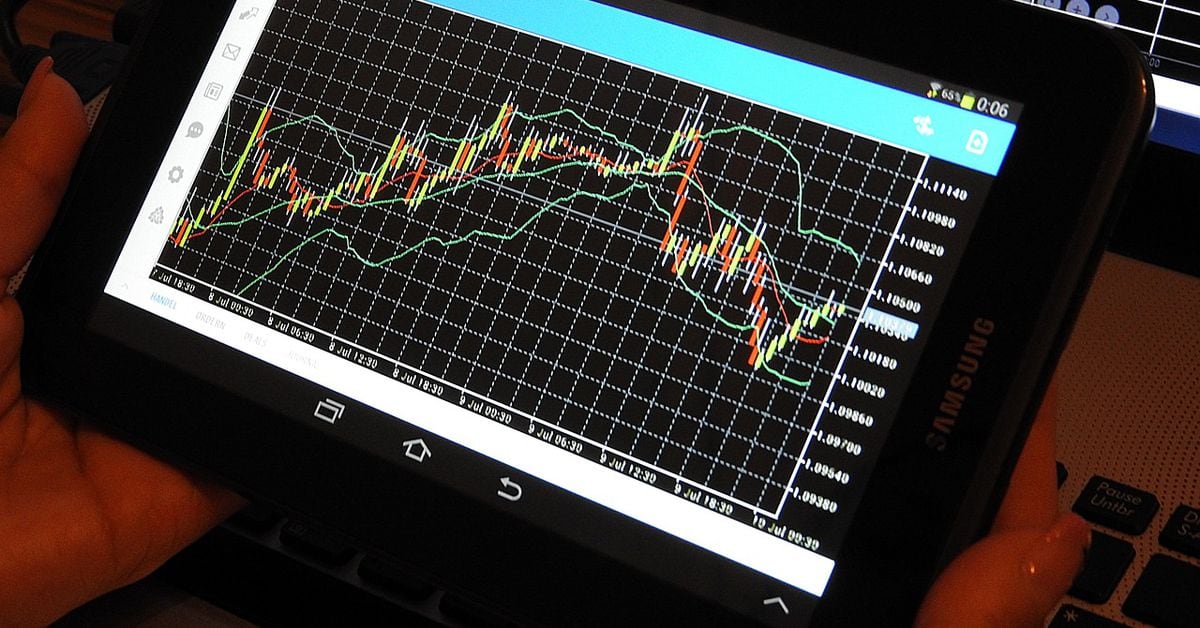
Bitcoin (BTC) and ether (ETH) have experienced little change in the past 24 hours, leading traders to suggest that major cryptocurrencies are now showing signs of correlation with U.S. equities.
The price of bitcoin remained under pressure, at $26,200 on Tuesday, as the idea of higher interest rates for a longer period takes hold across financial markets. Traders appear to be pricing in fears of inflation, which could impact riskier assets.
Alex Kuptsikevich, the FxPro senior market analyst, noted that “the positive correlation between cryptocurrencies and the stock market is temporarily back on track.” Despite the storm in equity markets, the crypto market remains subdued, experiencing only a 0.3% loss in 24 hours and reaching a total market capitalization of $1.045 trillion.
However, Kuptsikevich also pointed out that the Crypto Market Fear and Greed Index is dipping into “fear” territory, suggesting that the crypto market has not suddenly become a safe haven. The index assumes that fear drives stocks lower, while greed boosts stock values.
According to the CoinDesk Markets Index (CMI), which serves as a broad-based tracker for hundreds of tokens, crypto markets slumped by 0.5%. This mirrored the drop in U.S. markets on Tuesday, with the S&P 500 losing 1.5%, the Dow Jones Index falling 1.1%, and the tech-heavy Nasdaq 100 ending the day 1.4% lower.
However, there was some relief for crypto bulls as Asian markets rose higher on Wednesday, leading to a partial recovery for major cryptocurrencies. Bitcoin exchanged hands at $26,300, while ether was valued at $1,580 during Asian morning hours.
In terms of alternative tokens, the growth was tepid, with only a few showing gains. The Maker protocol’s MKR rose 5.5%, while the Shiba Inu ecosystem’s BONE saw a 10% increase, the highest among all actively traded tokens.
Overall, the correlation between cryptocurrencies and U.S. equities is becoming more apparent, with crypto markets reacting to movements in traditional markets. However, the crypto market remains uncertain and is still subject to fear and volatility. As the market continues to evolve, it will be interesting to see how the relationship between cryptocurrencies and traditional financial assets develops.






